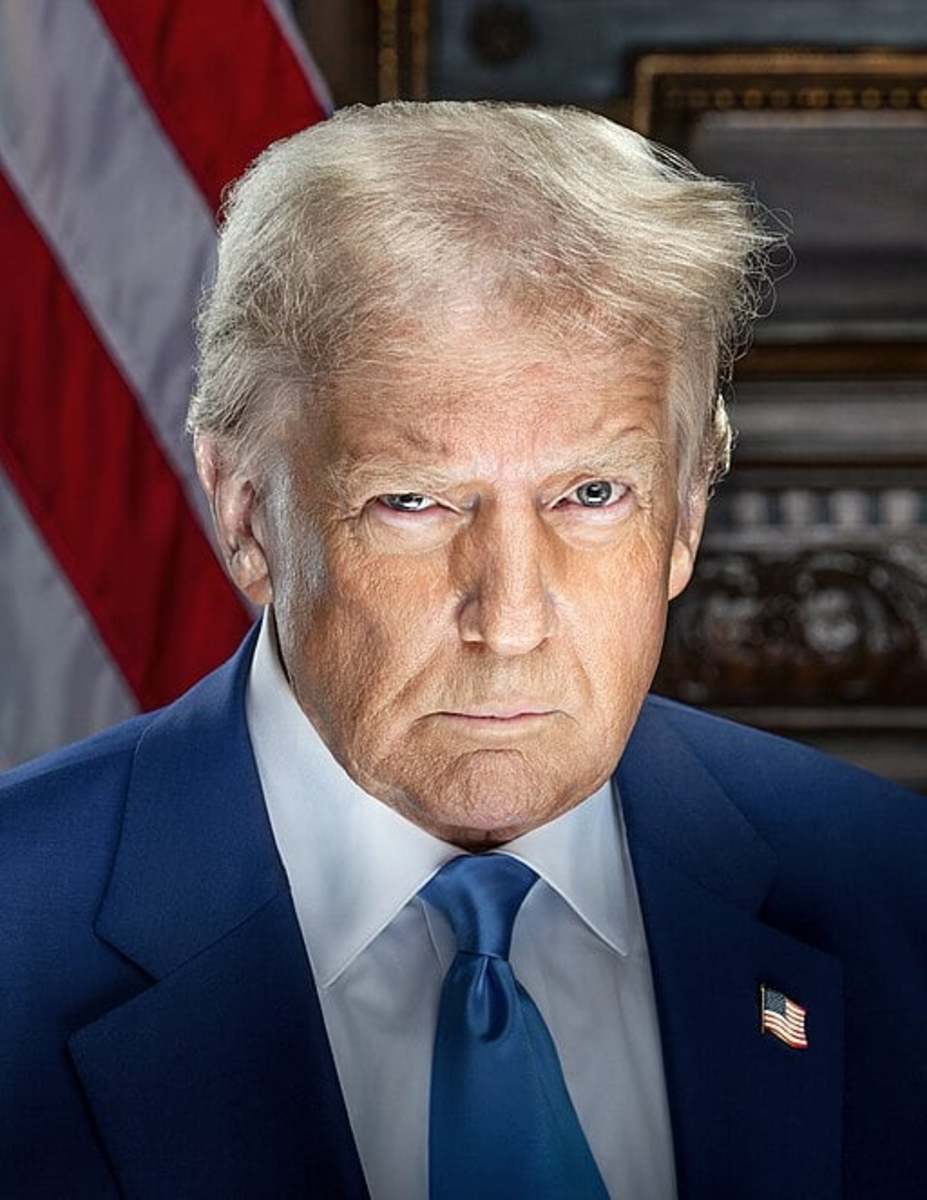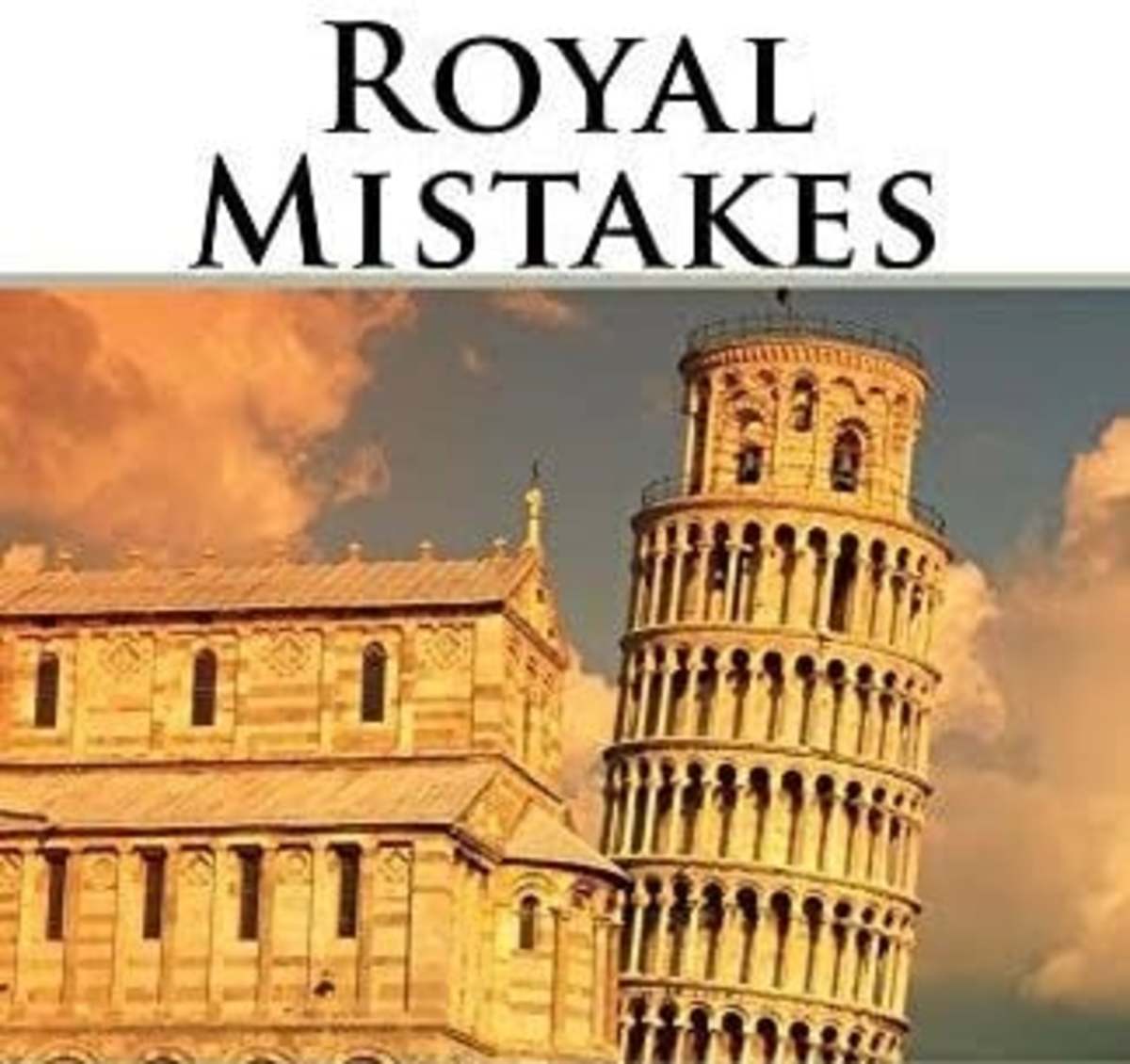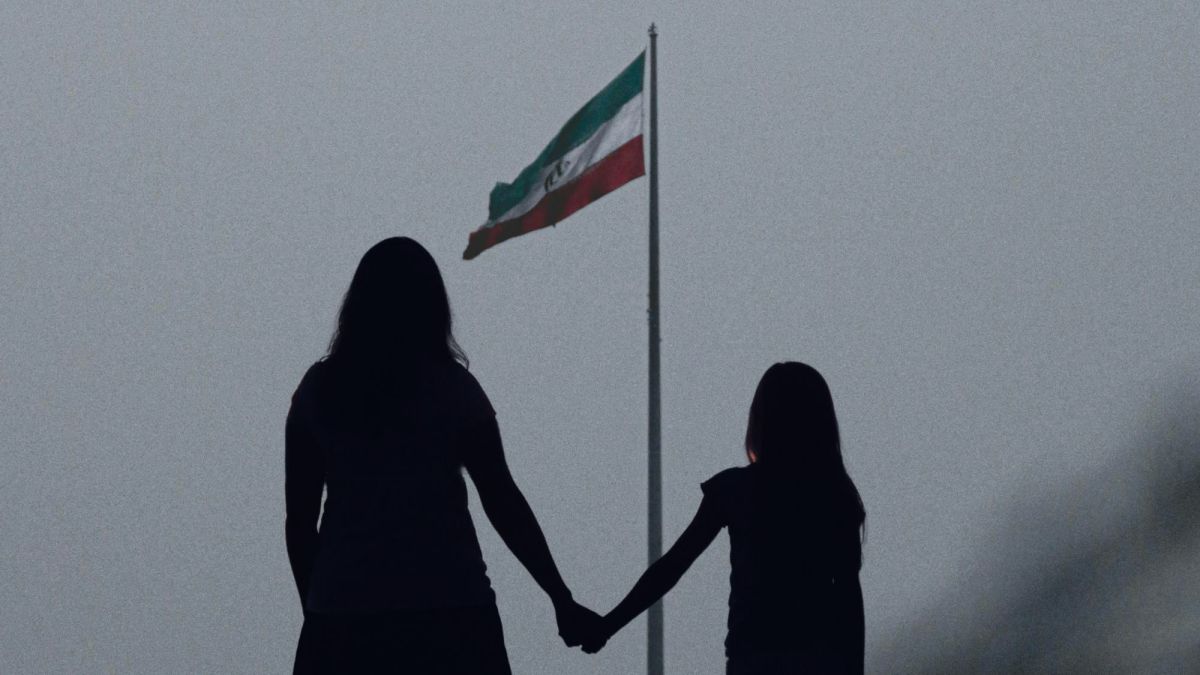Demise of The Co-operative Group / Part 2 - The Accountability
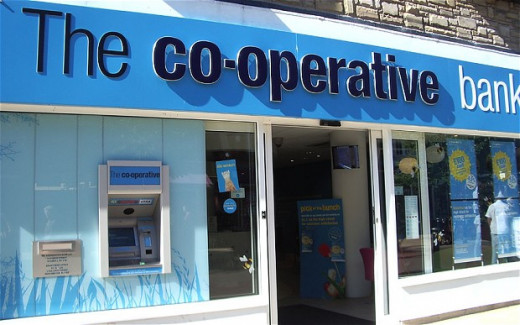
Who has been held responsible?
Where does the blame lie? Who was responsible for driving these programmes forward? Who was overseeing the “Due Diligence”?
There can be no doubt as to the complexity of the situation. But, likewise, there can be no doubt as to the apparently unencumbered headlong drive towards this complexity, with new initiative after new initiative surfacing and being foisted upon a clearly (see Kelly Review) struggling middle management. What can have been in the minds of these drivers - among whom must surely be included then CEO Peter Marks (since gone off radar) - as they gambled our 150 year old organisation and its sound and historically built up asset base?
The various enquiries have thrown some light on what actually happened and where things went wrong, but no clear picture seems to be emerging as to who the drivers were and why the professional “Independent” “Professional” Non Executive Directors (IPNEDS) and the multiplicity of City accountants floating about, all paid extremely good money to warn of and advise on just such things, didn't speak up loudly and clearly. Nobody appears to be being held to accountant in any meaningful way.
In the standard model major-shareholder-controlled speculator corporation, of which many of our current “independent” advisers speak so highly, would such shareholders have abandoned legal investigation and recourse so passively? Wouldn't the very “type and calibre” of Board our “independent” advisers claim to espouse and wish now to impose upon us be clamouring for justice and payback?
But no. There is a strange silence settled upon this entire area of concern.
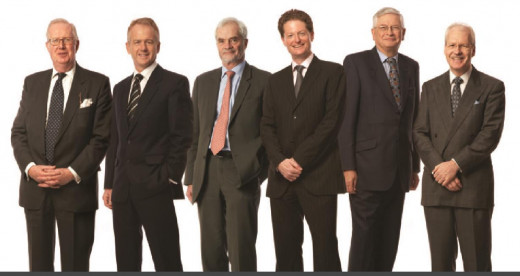
motive, means, and opportunity
In the absence of any clear information, we (my fellow co-operative owners and myself) are left, individually and over time, to draw our own conclusions, perhaps with only the application of common sense to assist us. Applying, at the very least, the first line of questioning in any television crime drama - who had “the motive, the means, and the opportunity” - where are we led?
With regard to the $1.4 billion black hole in the Britannia accounts, using such simple logic I personally am drawn to the conclusion that, at the very least, the members of the Board of Britannia prior to the merger need to offer some answers or be investigated much more closely in terms of the above.
In 2009, the Britannia Board consisted of the following: Bill Gordon (FCIB), Bridget Rosewell (MA, MPhil), Chris Jones (LLB), David McCarthy (BSc, ACA, AMCT), Francis Gugen, (FCA), Keith Cameron (BSc), Neville Richardson (BA, FCA), (Peter Harvey (ACIB, Dip FS), Phil Lee (BSc, CA), Rodney Baker-Bates (MA, FCA, AIMC, FCIB), Stephen Kingsley (FCA), Tim Franklin (ACIB), and Tom Sawyer (Lord). Neville Richardson was also the Society's Chief Executive.
The Britannia Cessation Accounts of July 2009 were prepared by the Cessation Accounts Committee which consisted of Rodney Baker-Bates, Neville Richardson, Phil Lee, Tim Franklin, Chris Jones, and Stephen Kingsley. David Roper, on behalf of PriceWaterhouseCoopers LLP, signed off the auditor's report.
On August 1st that year, Tim Franklin, Phil Lee, and Neville Richardson were appointed as Directors at Co-operative Financial Services, whilst Rodney Baker-Bates, Peter Harvey, Chris Jones, and Stephen Kingsley were appointed as IPNEDs. Neville Richardson even became Chief Exec of the Bank!
It is difficult (for me) to believe that this particular accumulation of would-be knights, millionaires, and City accountants did not know of the £1.4 billion hole in their accounts. Surely, must they not have been either spectacularly incompetent or consciously and cynically fraudulent? The fact that many of them followed through to serve on the Co-op Bank executive and Board suggests stupefying extremes on both counts. Did we really manage to recruit (and handsomely remunerate) such incompetents, or were we defrauded on the recruitment score as well? Was the wool pulled so completely over the eyes of our weak-kneed Nomination Committee?
The list of City accounting firms involved at Britannia is very impressive. The majority of the Britannia Board worked previously for City giants the likes of Touche Ross, Ernst Young, Arthur Anderson, Price Waterhouse, and for investment banks like Barclays, JP Morgan, and Chase Manhattan. Given all that glittering accumulated knowledge and “professional” expertise, anybody might think that there was a plot hatched to dump their badly flawed gamble in the toxic mortgage market on an unsuspecting co-operative Board rife with incompetent “professional” advisers and a rampantly ambitious CEO. If so, they must have seen us coming from miles away. Perhaps they were all in cahoots, who knows? In City circles they are probably being feted as hedging tacticians of the very highest order. They appear to have successfully written off their black hole and got 80% of our bank in one fell swoop. They'll all probably get knighthoods!
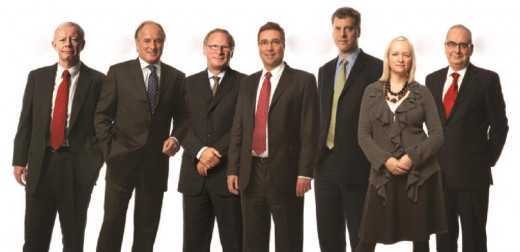
due diligence
In the matter of Due Diligence, there seems to be some confusion. Apart from internal teams from the Bank and The Group, KPMG and JP Morgan Cazenove were engaged to examine the merger. The Kelly Review was meticulously cautious in not meting out blame unsubstantiably, but it did note that KPMG's “high level analysis of Britannia's commercial loan portfolio identified no substantial arrears or impairments” (P 22, para 3.44)and that JPMC advised that “the transaction was “fair” and described its commercial and strategic logic as “compelling”” (P 23, para 3.51).
At the time, apart from our own senior executives, with the enthusiastic Peter Marks firmly in the driver's seat as CEO, we had a multiplicity of “independent professional” advisers on hand. In addition to the aforementioned Britannia refugees - Rodney Baker-Bates, Peter Harvey, Chris Jones, and Stephen Kingsley – we the Members were also blessed with the “independent professional” advice and guidance of IPNEDs Bob Newton, David Davies, Paul Hewitt, Piers Williamson, and Stuart Ramsey. And of course any number of our own big city accountants and auditors.
Where all this leaves us, the Member owners, is still wide open to question. There is still talk of further reviews and even occasional timid muted mutterings of legal recourse.
But the upshot to date has been that, somehow, extraordinarily, it was The Group's democracy which was ultimately at fault.
Am I the only one staggered by the sheer bare-faced audacity of this?
And not only that, but the very kind and “calibre” of people identified on the likes of the Britannia Board (would-be knights, millionaires, and city accountants) is the very kind and “calibre” of people we were now being told we needed more of for The Group's Board!
Am I the only one astonished by the appallingly grotesque irony in this?
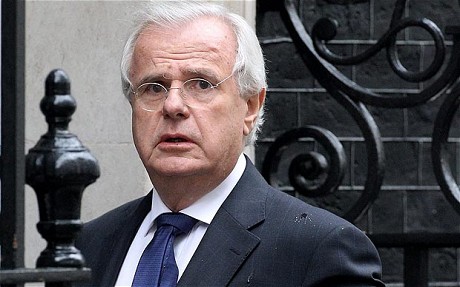
governance "review"
We, the Member owners, were then subjected to the insufferable indignity of having a pompous stuffed shirt by the name of Paul “Lord” Myners ride roughshod through our governing instruments to pronounce his ennobled view on the state of our democracy. Our betters clearly had to step in and provide some adult direction. Instead of going through the legal niceties of suing the arses off professional miscreants, we were led by the nose through the legal niceties of completely revising our democratic co-operative structures.
And all this was incurring untold costs (many of us asked to have these costs quantified but they never were) at a time of extremely high organisational risk (see Risk Management in Part 3). If any other form of corporation was facing this kind of melt down, the last thing on the minds of its shareholders and executives or any observing “professionals” would have been a review of its constitution.
Nevertheless, our post-debacle executive team appeared to be hell bent upon spending time, money, and legal fees on constitutional reviews instead of on pursuing the likes of individual members of the old Britannia Board and/or our expert advisers, accountants, and executives.
Why was this?
Was it a diversionary tactic? Was our attention meant to be focused on all this constitutional trivia (in the context of the débâcle as a whole) whilst something else was going on? Could it be that, irked by the Co-operative Bank's stability (winning international recognition for sustainability) and growing market share during the tremulous banking crises of the previous years, other players hatched a plan not only to save the former Directors of Britannia, nor simply to wrest control of the Bank from its silly democracy, but also to acquire the entire asset base of The Co-operative Group from its demoralised, confused, disorganised, and undeserving membership - either to flog its assets or to float it as a standard model speculator plc on the open market?

democracy
Was our democracy at fault?
No. There can be no question that we always need to re-consider the way we handle business – from local fora up. Democracy is a clumsy instrument at best, and being less than efficient in the way we prioritise and deliver our workloads will always cost co-operative corporations in terms of squandered time and resources and of dysfunctional checks and balances.
We should be exemplary in running our meetings, an example to democratic organisations everywhere. We should be taking our monitoring activities much more seriously and pressing harder for full and proper explanations of issues we identify. This should have involved more Member education, more staff and elected rep induction, more training, and much more self-discipline - but not the wholesale deliverance of our history and our governance into the hands of cynical opportunists. Fundamentally, the democracy functioned and continued to function within reasonable democratic organisational parameters.
Can lords, millionaires, and City accountants advise us on democracy?
I think not. Lots of them were, after all, on hand throughout the whole débâcle and did precious little to forewarn elected Members. Evidence of their experience of democracies and their grasp of the underlying Values & Principles and history of the organisation and the movement is sparse in the extreme. We need to look elsewhere for “independent” reviewers. Why not the wider national and international co-operative movement were co-operative corporations on the same scale continue to thrive?
Where democracy failed us was in our collective response to all this. We the Membership acquiesced to the processes and the indignities primarily because we didn't have good enough information (commercial confidentiality had to be observed) in good enough time. It wasn't until the 2013 Accounts and the Kelly Review were published that we had a chance of any significant insight into what had been taking place, and by then the railroading towards constitutional review was already well underway.
The fact that this information wasn't available didn't, of course, stop that clown, Myners, from trumpeting his pronouncements. Even before the evidence was presented, he, presumably by virtue of his lordship, “knew” it was The Group's democracy – us, the Membership – that was at fault.
tbc / Part 3 – The Urgency
....to be continued.
Who was pressing the case for the urgent, limited time-frame review of the constitution?
© 2015 Deacon Martin


